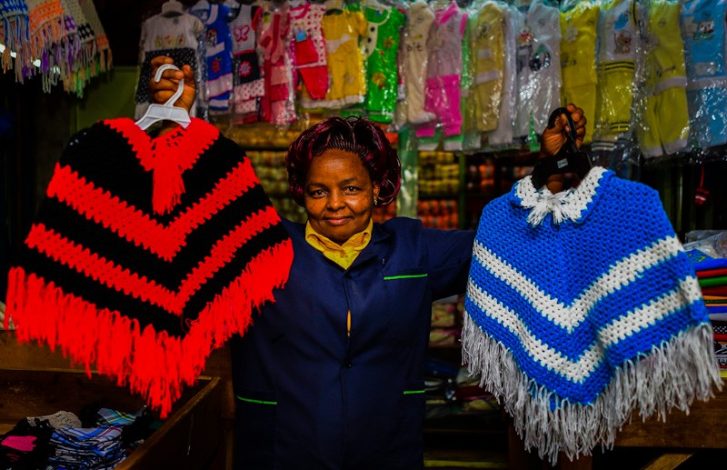Traders at Nairobi’s Uhuru market can now digitise their business after HEVA Fund launched an e-commerce platform to help them reach more clients.
Through the e-commerce site https://uhurumarket.co.ke, shoppers can conveniently search and shop for a wide range of products from select stores in the open-air market.
The East African creative economy catalyst fund launched this project in collaboration with the traders and Kenya’s National Government’s SMEs Advisory Unit.
Uhuru Market is Nairobi’s oldest textile market, opened in 1976. The market’s main product are uniforms, which makes it unique to other Nairobi County-owned markets.
Uhuru Market, famous for its African prints will be the first in the region to adopt a digital approach to enable micro, small and medium-sized fashion and apparel producers and retailers to expand their market reach beyond walk-in clientele.
To ensure streamlined delivery, a network of riders and other delivery partners have been identified to fulfill customer orders within 24 – 48 hours after placement.
“Transformations in the landscape of trade and technology have fundamentally altered the way Kenyans purchase and consume goods and services, especially with the critical migration onto the online space catalysed by the COVID-19 pandemic,” said HEVA Fund Managing Partner, George Gachara.
Uhuru Market traders face numerous challenges including limited and unsustainable market access, competition from other structured local private manufacturers, and operational challenges.
“The market rehabilitation efforts will drive access to public services, as well as firm-level support to reduce inefficiencies, increase value addition and increase value chain integration and market access.”
He said businesses looking to set themselves up for long-term success should increase digitisation, improve supply chain resilience, and redesign their business strategy.
To further support the traders HEVA has partnered with the Technical University of Kenya for capacity building.
The traders have been equipped with digital, business, and technical skills such as garment design and construction, bag design, and the basics of quality control as part of capacity building.
READ




